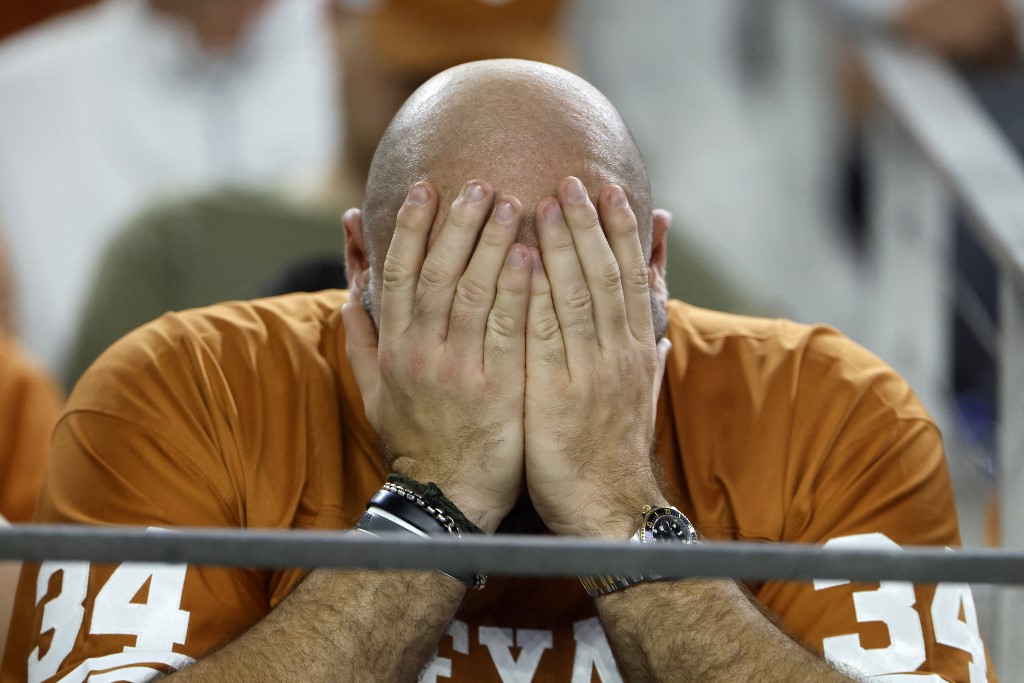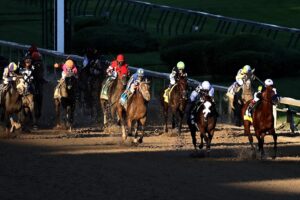Senator Carol Alvarado pre-filed Joint Resolution 16 to allow sports betting and casino gambling at “destination resorts” through a state constitutional amendment. However, due to the current political climate in the Senate, sports betting in Texas is considered a long shot for this legislative session.
Try, Try, Try Again
The Texas state legislature meets every two years, and in 2023, sports betting passed the House but failed to gain traction in the Senate. Not much has changed since then, but Senator Carol Alvarado has decided it is worth another try and filed Joint Resolution 16 to bring as many as seven casinos to the Lone Star State and permit retail sports betting at those destinations.
“I think it’s a job creator, and we’re not talking about just casinos,” Alvarado said. “But they would have to have a hotel component, a four- to five-star hotel. So, there’s jobs in the hospitality, shops, restaurants, venues for conferences and performances. So, to me, it’s a real economic driver for Texas.”
The Proposed Legislation
Alvarado’s bill calls for a newly formed Texas Gaming Commission to oversee the governance of the new gaming industry while the state legislature would determine how the tax revenues derived from those gaming companies would be allocated. The bill would need to pass two-thirds of both chambers and then be approved by the voters at the ballot boxes through a referendum question.
Yet, the fate of this piece of legislation will likely follow a similar path as in 2023, with a receptive bipartisan House but an intractable Republican Senate. That would mean a referendum question would never reach the state ballot, and Texas would continue to be one of the few states without sports betting or commercial casinos.
Casino Magnates Pour Millions Into Texas
Despite the tens of millions of dollars that have been donated to gaming-friendly Texas politicians, the only gambling currently available in the Lone Star State can be found at the state-run lottery along with several horse and dog tracks scattered across the state.
The sheer size of Texas would make it a bonanza for mobile sports betting, as its 30 million people is a higher population than any state except California. New York currently leads the nation in sports betting handles and revenues with its fourth-largest population of 20 million.
Moreover, Las Vegas-style resort casinos would be destination spots that would increase tourism and generate huge revenue for the state. Las Vegas Sands owner and now majority owner of the Dallas Mavericks, Miriam Adelson, donated nearly $14 million over 10 months last year to political campaigns in Texas.
Alvarado’s proposal clearly has Adelson’s interests at heart, as the bill calls for two casinos in the Dallas-Fort Worth-Arlington area, two in the Houston-Woodlands-Sugar Land section, one in the San Antonio-New Braunfels area, one in the Corpus Christi area, and one in the McAllen-Edinburg-Mission area. The state would impose a 15% tax on casino gross gaming revenue.
The Opposition
However, Lieutenant Governor Dan Patrick controls the Senate, and he has been an opponent of expanded gaming in the state. He also recently commented that throwing money at the issue won’t necessarily get it solved in Texas.
“You don’t pass major legislation in a red, conservative state with the Democrats controlling the show, particularly on a major bill like that,” Patrick said during a radio interview in November. “They’ve come in and spent millions and millions of dollars, and they just think that magically it happens. It doesn’t.”












